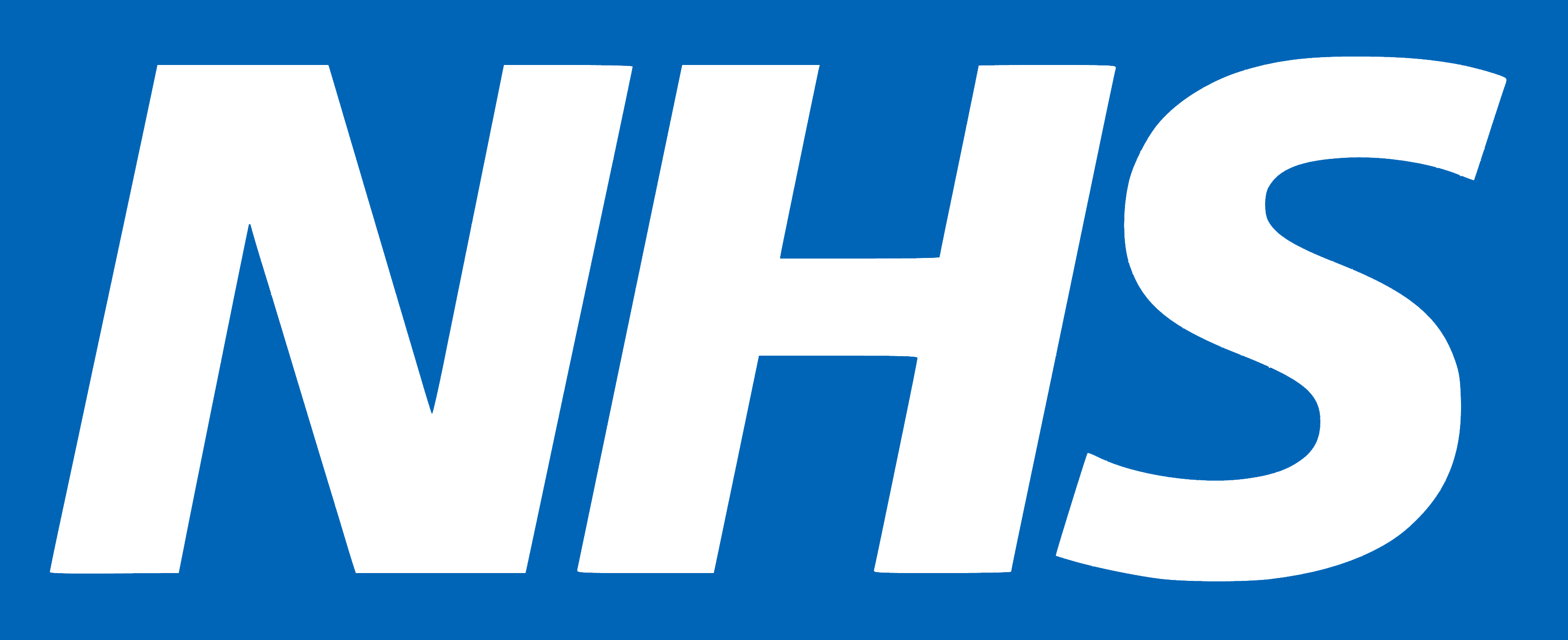In addition to the standard childhood vaccinations, we offer the following vaccinations as required. For more information on these vaccinations, use the yellow boxes below:
Meningitis
Influenza
Pneumococcal
COVID-19
If, for any reason, you are unable to attend an appointment we would very much appreciate you contacting the surgery to cancel or re-arrange the appointment. Other patients may benefit from the released appointment.
Meningitis
Meningitis causes the inflammation of the membranes covering the brain and spinal cord. Thankfully, vaccinations have resulted in a substantial reduction in cases of meningitis. However, outbreaks do occasionally occur, particularly in institutions such as schools and universities.
Factors that may increase the risk of contracting meningitis include smoking, kissing on the mouth and attending large gatherings. The organisms that cause meningitis live naturally in the back of the nose and throat: between 10 and 15 per cent of the population will be carriers that display no symptoms. However, the illness can develop rapidly and patients may become seriously ill within a few hours.
If you, a member of your family, a friend or colleague feel unwells, check for one or more of the following symptoms:
Not all of these symptoms will necessarily occur together.
Some bacteria that cause meningitis can also cause septicaemia (blood poisoning). In this case a rash of blood spots appears under the skin. If untreated they become larger, like fresh bruises. A simple test is to press a glass against the skin – the spots do not turn white when pressed.
If you have, or suspect others have, the symptoms (not all of which may appear at once), you should contact the surgery immediately.
If the situation appears to be an emergency, call 999.
Influenza
Influenza is a viral disease that usually strikes between October and May. It lasts from three to five days and can be followed by fatigue for two or three weeks. It usually causes aching muscles and joints, headaches, cough and fever with a temperature of between 38oand 40oC. Although it can become a much more severe illness, leading to pneumonia, nerve and brain damage and even death, such complications are rare. Because it is a viral infection it cannot be treated with antibiotics. The best remedy is rest while drinking plenty of fluids.
Every winter we offer flu vaccination to all our patients who meet the at risk criteria defined by the Department of Health. These are people who:
- Are aged over 65 years old
- Suffer from diabetes (both types 1 and 2)
- Suffer from a chronic respiratory disease including: some forms of asthma, chronic bronchitis, emphysema, COPD, cystic fibrosis, interstital lung fibrosis, pneumonicosis and BPD
- Suffer from a chronic heart disease including: congenital heart disease, hypertension with cardiac complications, chronic heart failure, angina, previous heart attack or other forms of IHD
- Suffer from a chronic renal disease including: nephrotic syndrome, chronic renal failure and renal transplantation
- Suffer from chronic liver disease including: cirrhosis of the liver
- Suffer from immunosupression including: those undergoing long term immunosupressant therapy, asplenia, splenic dysfunction, HIV and ongoing chemotherapy
The rules laid down by the Department of Health state that if you do not fall in to an at risk group, we are not permitted to provide vaccination under the NHS. However, you can obtain a private vaccination and many businesses now provide this facility for their staff.
If you fall within an at risk group you are entitled to come in for a flu vaccination. We strongly recommend that you attend.
Pneumococcal
Pneumococcal disease is an infection caused by a type of bacteria called Streptococcus pneumoniae. When these bacteria invade the lungs, they cause the most common kind of bacterial pneumonia and can then invade the bloodstream and/or the tissues and fluids surrounding the brain and spinal cord causing meningitis. Another common complication is infection of the middle ear.
If you aged 65 or over you can now have the pneumococcal vaccination to protect against the most serious forms of pneumococcal infection. You won’t need it each year and for most it’s a one-off vaccination.
COVID-19
COVID-19 vaccines are offered because viruses change and protection fades over time. It’s important to top up your protection.
If you’re at increased risk of serious illness from COVID-19, getting a COVID-19 vaccine can:
- help to reduce your risk of getting severe symptoms
- help you to recover more quickly if you catch COVID-19
- help to reduce your risk of having to go to hospital or dying from COVID-19
- protect against different strains of COVID-19


